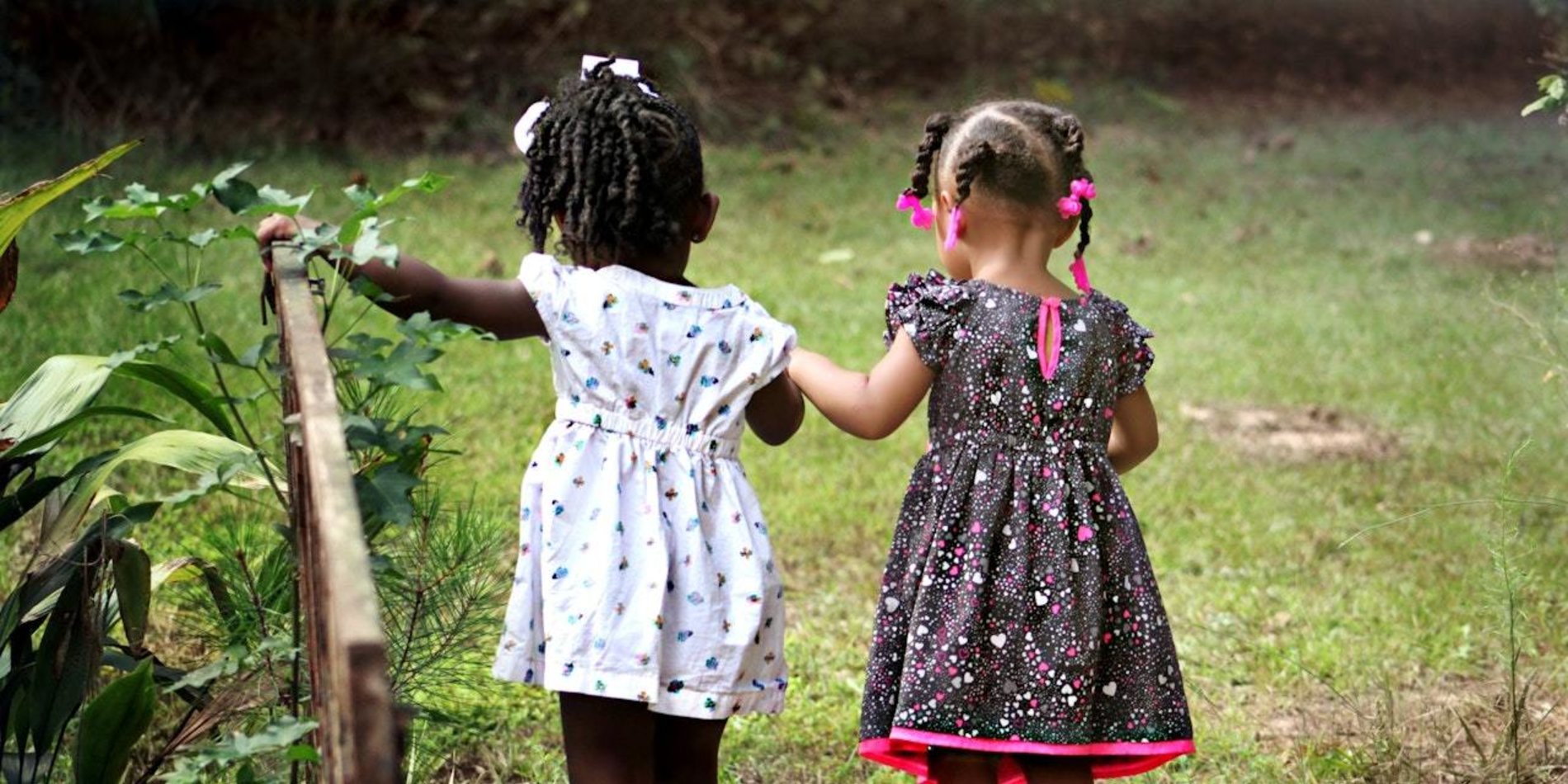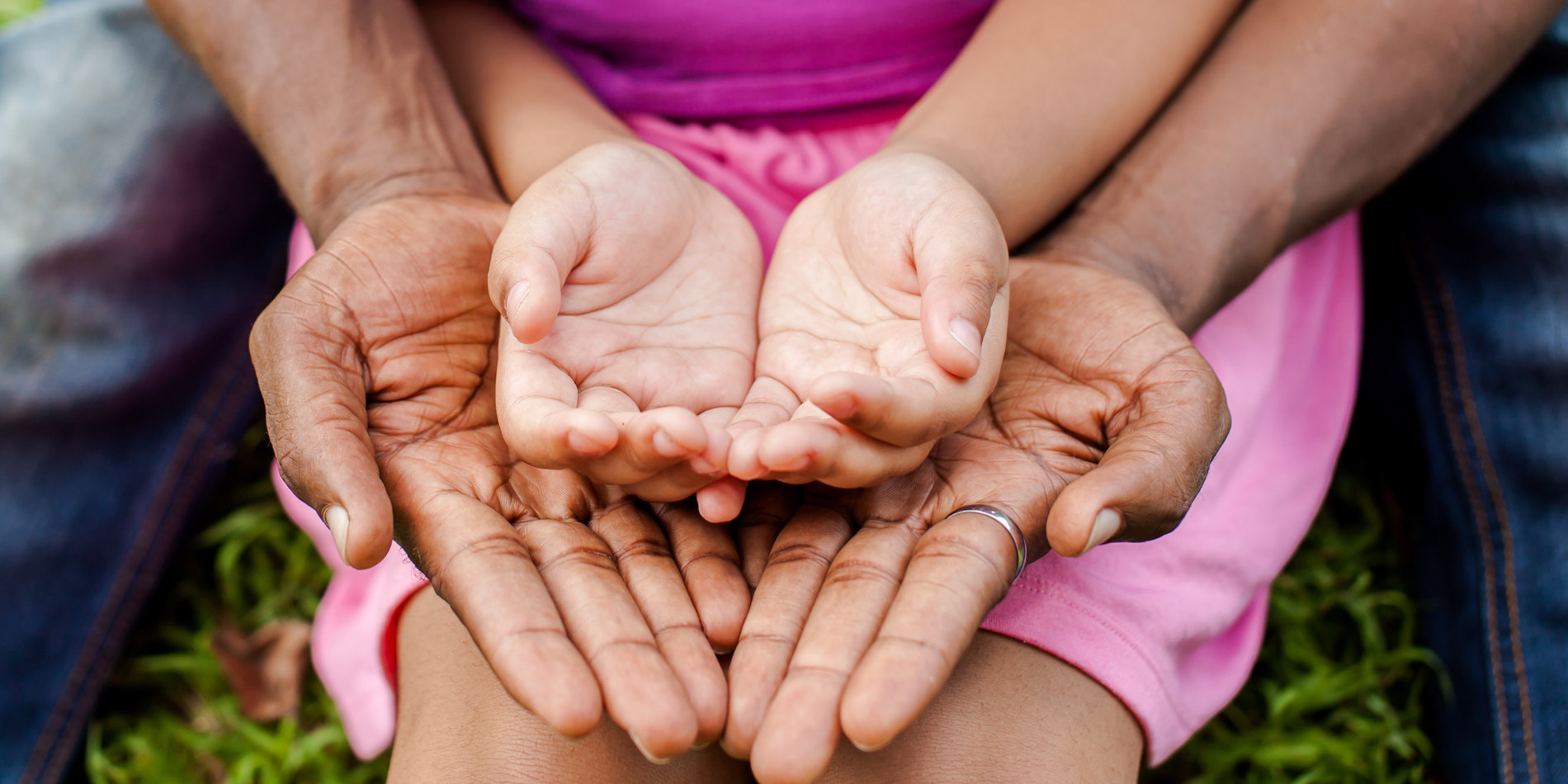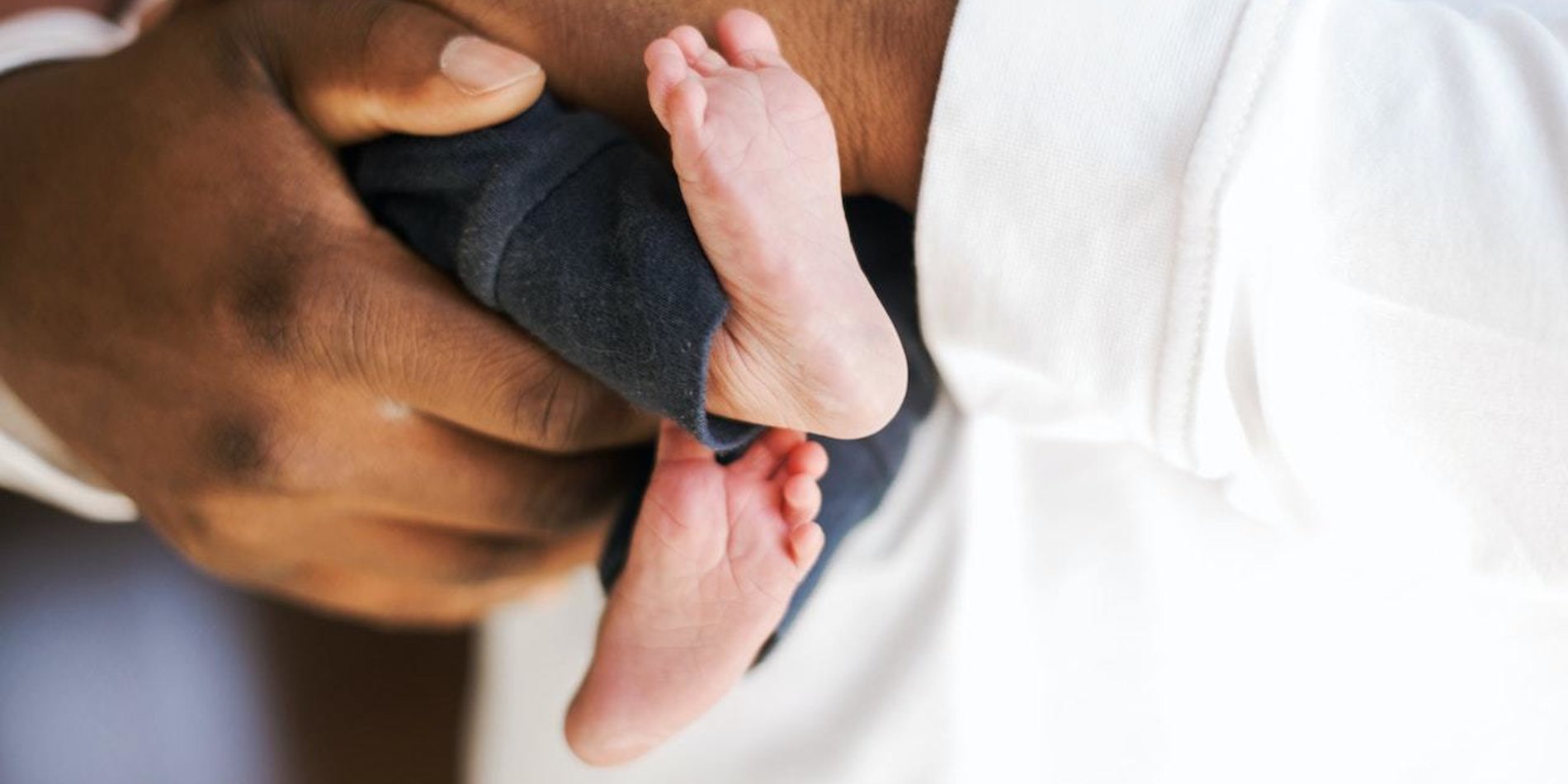Stanford’s Equity in Early Education Fellowship welcomes inaugural cohort of students
When Alexis Merculief worked as an education advocate for Native youth in the northwest, she often witnessed how families were forced to choose between their culture and spirituality and maintaining a relationship with their children’s schools.
Merculief, an Aleut tribal member, recalls a fourth grade girl being gifted a medicine bag from a spiritual leader, which was ceremonially filled with tobacco and to be worn by her, but never opened, smoked, or given away.
But when the principal of her school found out, the girl was “immediately sent to the office, where he confiscated her medicine bag, ripped it open in front of her, and dumped it in the trash,” Merculief said. She and the girl’s mother met with the principal, and while he was apologetic, he did not accept her organization’s offer for cultural training.
It was then that Merculief realized that while the two goals of the grant she was working under – to raise standardized test scores and attendance of American Indian and Alaska Native youth – were well-intentioned, they could not be addressed when there were still fundamental systemic issues related to cultural understanding.
Merculief, now a doctoral student at Oregon State University, has focused her study on cultural and community resilience and how it relates to healthy cognitive development and academic achievement for Indigenous children and children from other underserved backgrounds.
She will bring her talent later this year to Stanford University as part of the first cohort of fellows in the Equity in Early Education (E3) Postdoctoral Fellowship program. Housed at the Stanford Center on Early Childhood, the E3 Fellowship is designed to train the next generation of scholars to conduct research that is equity-focused, ultimately leading to the development of new programs, policies and practices. The two-year fellowship is funded by a grant from the Institute of Education Sciences (IES).
A focus on diverse communities
“There are significant inequities in both educational opportunities and outcomes that emerge as early as preschool and kindergarten,” said Jelena Obradović, E3 program director and associate professor at the Graduate School of Education at Stanford University. “Our fellows will work to address those inequities in ways that center the strengths of culturally diverse communities, instead of using traditional deficit-oriented approaches.”
Fellow Gladys Aguilar, a doctoral student in the Human Development, Learning and Teaching strand at the Harvard Graduate School of Education, will be focusing on the development and experiences of Latinx children who are either immigrants themselves, or have at least one parent who is.
Understanding the bilingual development and the precursors that help form a strong ethnic-racial identity can inform efforts to ensure Latinx children get off to a healthy start early in life, she said.
It’s an important goal, given the movement for universal preschool, which aims to give all 3- and 4-year-olds access to early learning opportunities.
For Aguilar, her commitment to equity and justice in her research stems from her own life.
“My personal experiences as an hija of immigrant parents from Yucatán, México and currently as a mamá of two US-born Latino hijos, as well as my professional experiences as a bilingual teacher and family therapist are at the core of my identity as an emergent Mexican-heritage scholar,” she said.
Access to Stanford mentors, courses and training
The two fellows will begin their training in late summer 2023, learning from mentors how to present their research, communicate to policymakers and non-academic audiences, write grants and successfully navigate the job market.
They will have opportunities to take courses offered by the Stanford Center for Education Policy Analysis and the Education Data Science program, and attend events organized by the university’s Race, Inequality and Language in Education program and the initiative on Learning Differences and the Future of Special Education. The E3 Postdoctoral program is designed to expand on research skills that fellows developed during their doctoral training.
Mentors include Obradović, Philip Fisher, Director of the Stanford Center on Early Childhood; Francis Pearman, an Assistant Professor of Education at the Graduate School of Education, Rebecca Silverman, an Associate Professor of Early Literacy at the Graduate School of Education; Farzana Saleem, Assistant Professor at the Graduate School of Education; and sean reardon, Professor in the Graduate School of Education.
The program will offer fellows a chance for mentor-led collaboration with practitioners and policymakers, Obradović said, “where they will learn to co-develop research questions and studies that test pragmatic solutions and yield actionable findings.”
Stanford E3-Affiliated postdocs
Along with Merculief and Aguilar, two more fellows will begin their E3 work under separate funding.
Michelle Spiegel, a doctoral student in the School of Education at the University of California, Irvine, will focus her research on understanding inequities in K-12 education. Spiegel’s work will be supported by Stanford Impact Labs.
After working for an education nonprofit in New York City middle schools, she said she witnessed firsthand the disparities in the public education system.
Spiegel, who has published papers in “Urban Education” and “Theory and Society,” plans to study the measurement of poverty and how it matters for the allocation of resources in schools.
“Children spend a significant amount of time in educational institutions, and the way these environments are structured and the kinds of opportunities they offer shape children’s trajectories,” she said.
Meriah DeJoseph, who recently received her doctorate degree from University of Minnesota’s Institute of Child Development, will examine child poverty and the unique assets and adaptive skills children, families and communities have developed because of the obstacles they’ve faced.
DeJoseph says much of the research on child poverty has been dominated by a “deficit model,” which focuses on how poverty undermines or “impairs” the brain and behavioral development. This has implications for how educators treat children in school and how policymakers write legislation, she said.
“This research was initially motivated by my own experiences of growing up below the poverty line,” DeJoseph said, “where I witnessed the constellation of daily stressors, opportunities, and constraints that uniquely shape how children learn from and engage with their environments.”
Her work will be funded by a three-year Kirschstein-NRSA postdoctoral fellowship from NICHD.
Giving communities more agency
Obradović and other mentors hope the fellows’ training will help scholars understand the importance of responsive research with a focus on collaboration with community organizations.
Merculief, the fellow who worked with Native families, would like to see her work used to give communities more agency in designing their own programs that promote healthy child development, so families no longer have to choose between their own culture and spirituality, or public schooling.
Showing that kids benefit from having a cultural foundation is key, Merculief said, so that “communities can gain funding to support more culturally-grounded metrics, outcomes and goals in order to heal in more permanent ways.”



